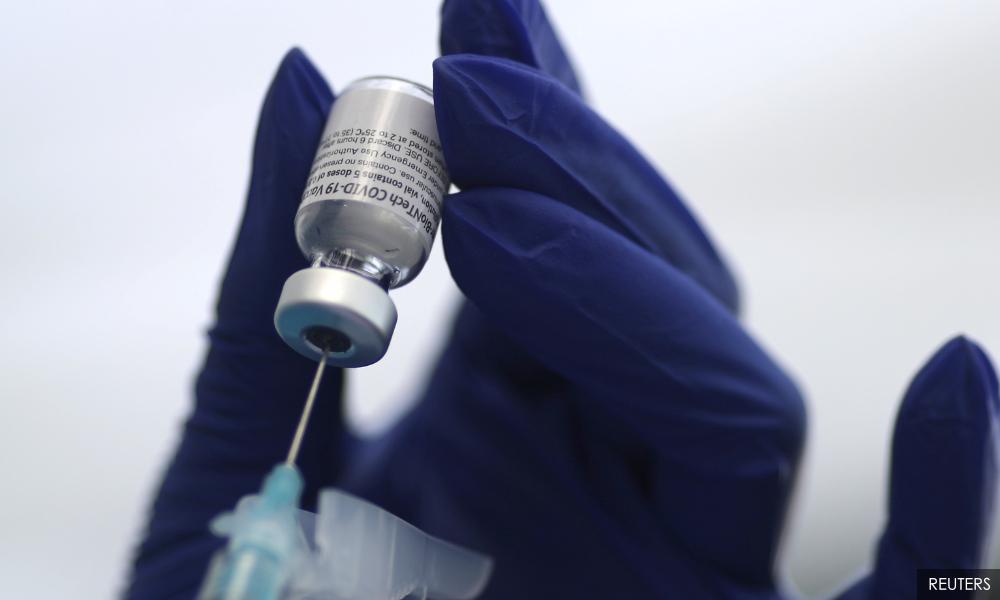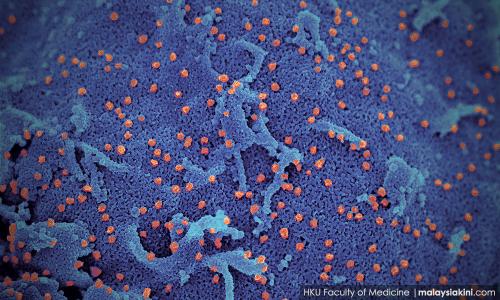LETTER | Alarming fears over variants of concern
LETTER | Viruses infect every form of life, leading to some common and many serious diseases of humans. They differ from other infectious organisms in structure and biology, particularly in their reproduction. Despite having their own conventional genetic information carried in DNA or RNA, they are unable to process this information to produce new virus materials because they lack the synthetic machinery required for this process.
Severe Acute Respiratory Syndrome Coronavirus 2 (SARS-CoV-2) that is responsible for the Covid-19 infection is an RNA virus that belongs to a large family of viruses known as the Coronavirus. SARS-CoV-2 is one of the viruses that lacks the synthetic machinery required for reproduction. Who, then, possesses this key machinery?
Viruses are able to utilise living cells in particular human cells to work for them by inserting their genetic materials into the infected human cell and subsequently take advantage of humans’ synthetic machinery for viral replication, leading to viral assembly, maturation, and virus release.
The normal human cell is capable of proof-reading its own genetic material whereby each copy produced is double-checked by a well-regulated system and those that are faulty will be eliminated to prevent mutation in the newly replicated cells produced. However, mutations in virus particles are normal whereby its next generation will carry slightly different genetic information compared to its original virus. These mutated viruses are referred to as ‘variants’ from the original virus.
So, here comes the important question: why are these variants of concern (VOC) important?
According to the Center for Disease Control and Prevention, the VOCs have increased transmissibility, result in more severe disease (for example, increased hospitalisation or deaths), show significant reduction in neutralisation by antibodies generated during previous infection, or vaccination, and reduced effectiveness of treatments or vaccines.
By finding out the different strains of VOCs prevalent in our country, it will aid in epidemiological study and its implication at the level of our community – that is, one community will be more severely affected than the other. For example, if there is stabilisation of the pandemic situation, and a new strain of VOC appears, we will be able to identify it and take immediate action to aid in public health measures in reducing the transmission of this new strain.

Referring to the data from the Ministry of Health (MOH) on a study done using Whole Genome Sequencing from June 11 to 19, this year, there are 14 Covid-19 positive cases of Beta (B.1.351) variant in Malaysia’s community, followed by eight positive cases of the Delta (B.1.617.2) variant. Infection with Delta variant requires a much longer quarantine period of up to 21 days.
The MOH and Institute of Medical Research will actively study these VOCs and identify the different strains to provide background knowledge for epidemiological studies and public health measures.
How do we reduce and curb this problem from further damaging our healthcare system? Since SARS-CoV-2 is unable to reproduce without help from human cells, the only way to stop them from continuously spreading is to ensure that humans are able to fight against them and eliminate them from the body. By doing so, we need to successfully vaccinate a majority of the population and create herd immunity.
The fewer the people who contract the virus, the lesser the chance for the virus to undergo mutation. Hence, the role of vaccination in eliminating the VOCs and ultimately the SARS-CoV-2 itself is of utmost importance. In order to win this battle, we have to act fast before the virus further mutates and creates more devastating VOCs.
Being vaccinated does not mean one is immune to the virus. Instead, the body will be able to react against the virus more efficiently within a shorter period of time compared to those who are not vaccinated. Therefore, even after being vaccinated (one or two doses), it is still important to wear masks, wash hands, ensure good ventilation, avoid crowded places, close conversations and strictly adhere to all the SOPs set by our MOH.
The views expressed here are those of the author/contributor and do not necessarily represent the views of Malaysiakini.
RM12.50 / month
- Unlimited access to award-winning journalism
- Comment and share your opinions on all our articles
- Gift interesting stories to your friends
- Tax deductable
